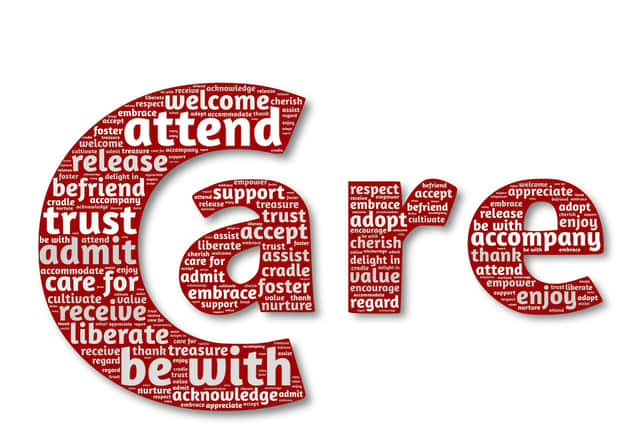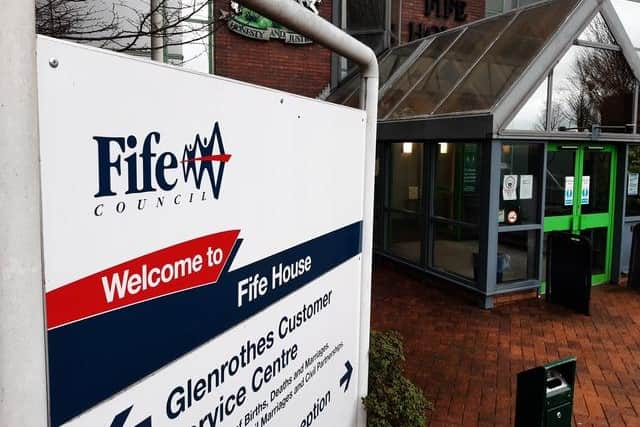Fife foster carers to get 2.5% rise in carer payments
and live on Freeview channel 276
The uplift, which was rubber-stamped by councillors on the education and children’s services committee on Tuesday, will also apply to supported lodgings carers, who receive a weekly allowance for providing full board accommodation.
Fife Council say the increases have been agreed in recognition of rising household costs, and will be reviewed once again this time next year.
Advertisement
Hide AdAdvertisement
Hide AdFoster carers receive a weekly fee for themselves and a weekly maintenance payment to cover the expense of looking after the child, with payments varying depending on the age of the child.


That covers costs for food, clothing, electricity, holidays and trips, clubs and hobbies, routine transport in relation looking after the child, while additional maintenance payments are made to cover holidays, birthdays and Christmas.
Meanwhile, supported lodgings carers receive a weekly allowance for providing full board accommodation for the young person, although the young person would also be expected to contribute towards the lodging, depending on their individual circumstances.
Kathy Henwood, head of education and children’s services, praised foster and supported lodgings carers for all their support in giving children and young people a secure, safe and stable environment.


Advertisement
Hide AdAdvertisement
Hide Ad“Fostering is a way of providing a family life for children and young people who are unable to live with their parents,” she explained.
“This can be due to a variety of reasons from parental illness to abuse and neglect.
“Carers provide different types of fostering from providing a home for a few days, months or even years.
“Many children and young people will return to their families, but others may need help for longer either through continued fostering, adoption or being helped to live independently.
Advertisement
Hide AdAdvertisement
Hide Ad“Foster care provides children, who will be experiencing loss, and may have been exposed to harm or have a range of complex care and support needs a secure, safe and stable home.
Ms Henwood added that kinship carers of looked after children and non-looked after children with a Residence Order or equivalent who are in receipt of an allowance will also benefit from this decision.
